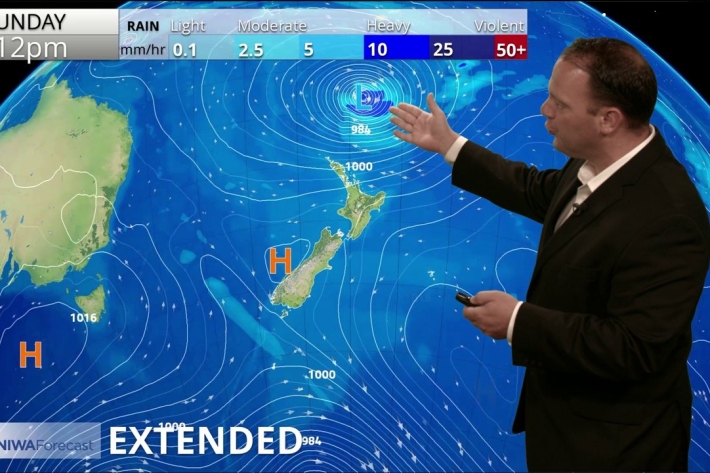-

Pick of the Antarctic pictures
Blog13 March 2015Hundreds of amazing images have come back from NIWA’s NZ-AU Antarctic Ecosystems Voyage 2015 on RV Tangaroa. -
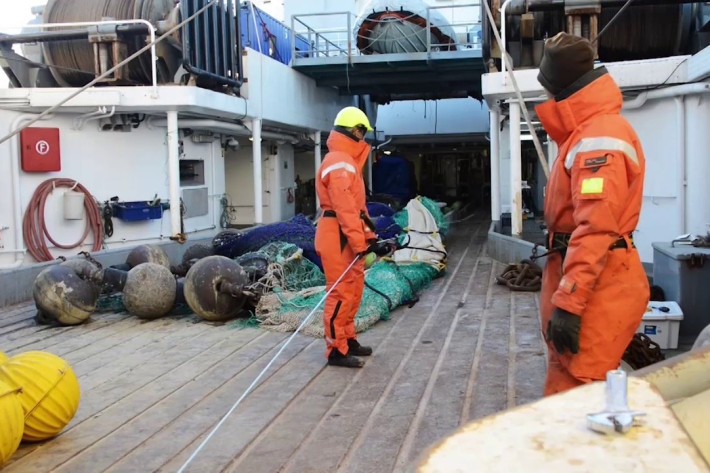
Taking the pulse of Antarctica’s ocean ecosystem
Niwa scientists have anchored an echosounder to the sea floor of Terra Nova Bay that could reveal the mystery of silverfish reproduction under the Antarctic ice. -
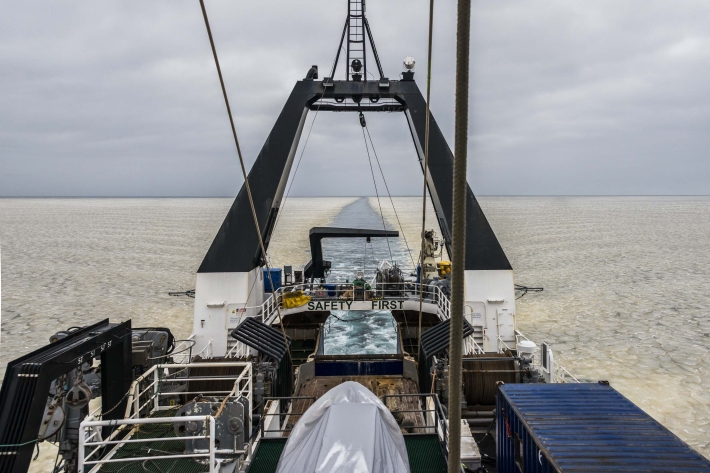
Taking the pulse of Antarctica’s ocean ecosystem
Media release12 March 2015NIWA scientists have anchored an echosounder to the sea floor of Terra Nova Bay that could reveal the mystery of silverfish reproduction under the Antarctic ice. -
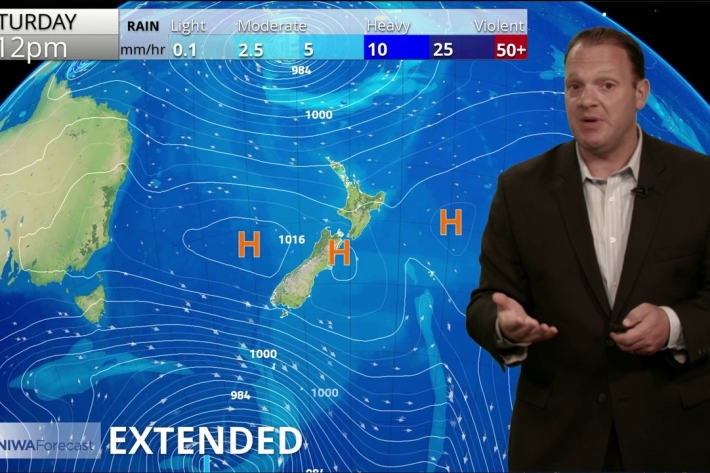
Tropical Cyclone Pam heads south
NIWA Forecaster Chris Brandolino discusses possible impacts on New Zealand as Tropical Cyclone Pam begins moving towards our region. -
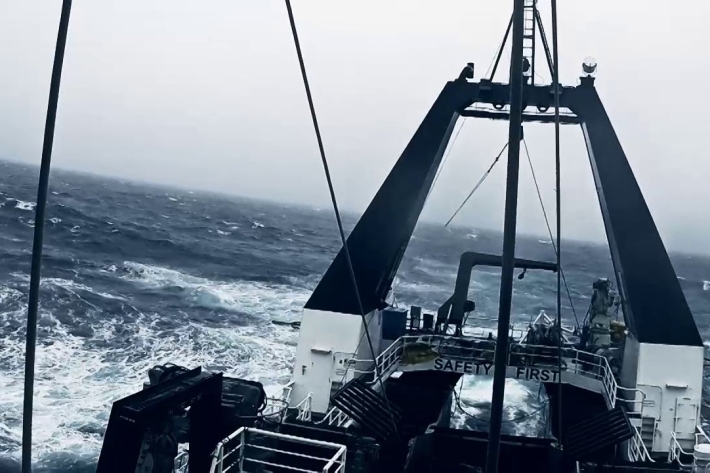
Antarctic Voyage - The Good Bits
Footage - mostly time lapse - from the New Zealand-Australia Antarctic Ecosystems Voyage 2015...with some random music! -
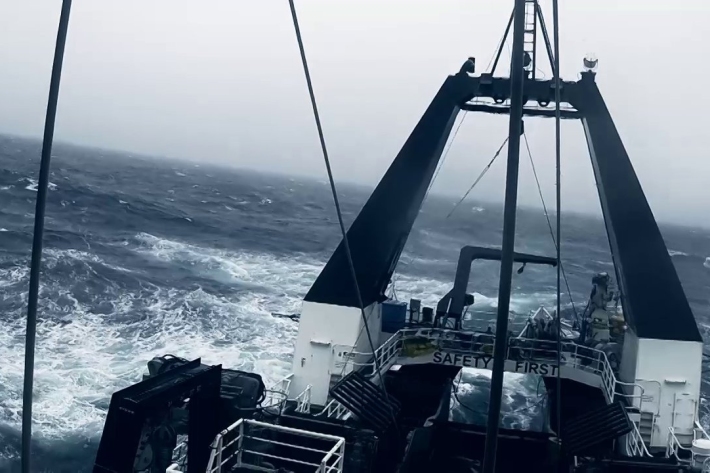
Bad weather while returning from Antarctic voyage
NIWA’s RV Tangaroa encounters bad weather while returning to New Zealand from Antarctica. -
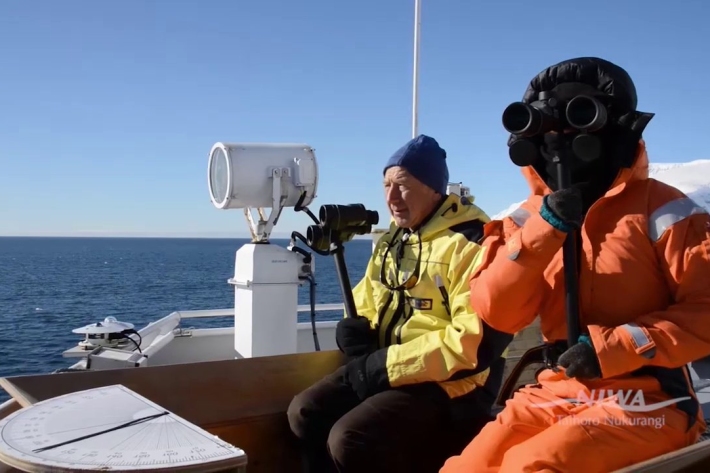
New Zealand-Australia Antarctic Ecosystems Voyage highlights
Highlights of the New Zealand-Australia Antarctic Ecosystems Voyage 2015. -
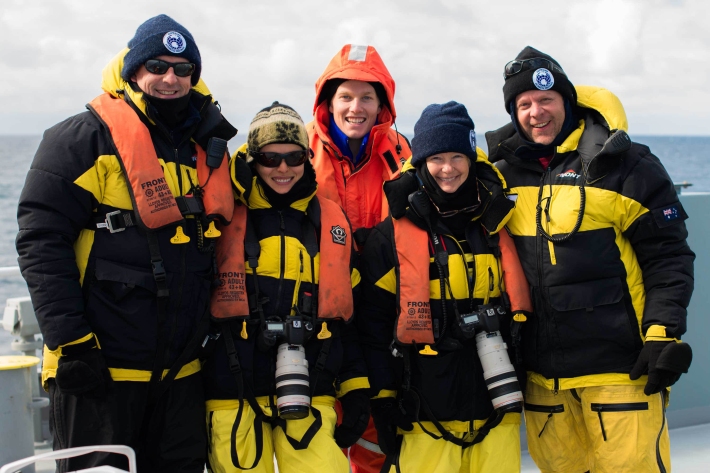
Antarctica research voyage achievements
Media release11 March 2015Dr Richard O’Driscoll, Voyage Leader aboard RV Tangaroa for the NZ-Australia Antarctica Ecosystems Voyage 2015 says the research project accomplished all science objectives they set out to achieve. -
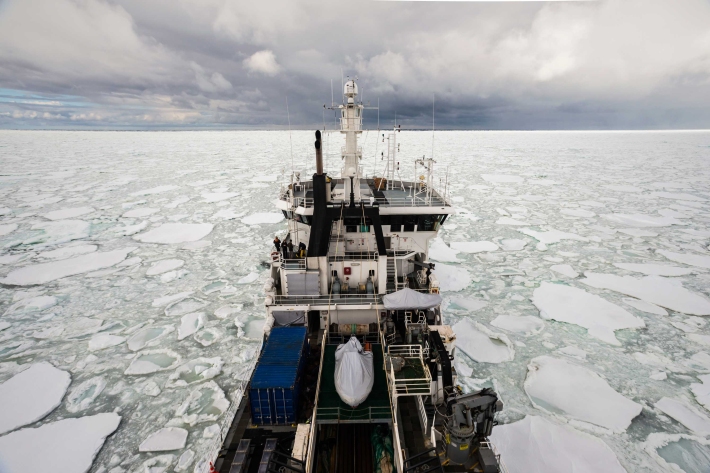
Scientists return from successful Antarctic research voyage
Media release11 March 2015NIWA deepwater research vessel Tangaroa docks in Wellington today to complete a successful six-week New Zealand-Australia Antarctic Ecosystems voyage. -

Voyage leader's final update
Blog11 March 2015Now back on dry land, Voyage Leader Richard O'Driscoll reflects on the final days of RV Tangaroa's 2015 Antarctica expedition. -

NIWA’s research receives international recognition
Media release10 March 2015World-class climate and ozone research by scientists at NIWA’s Lauder Atmospheric Research Station has been recognised by meteorology’s leading organisation in Geneva, making Lauder the fourth upper-air site in the world to be certified by the global climate-data network.

